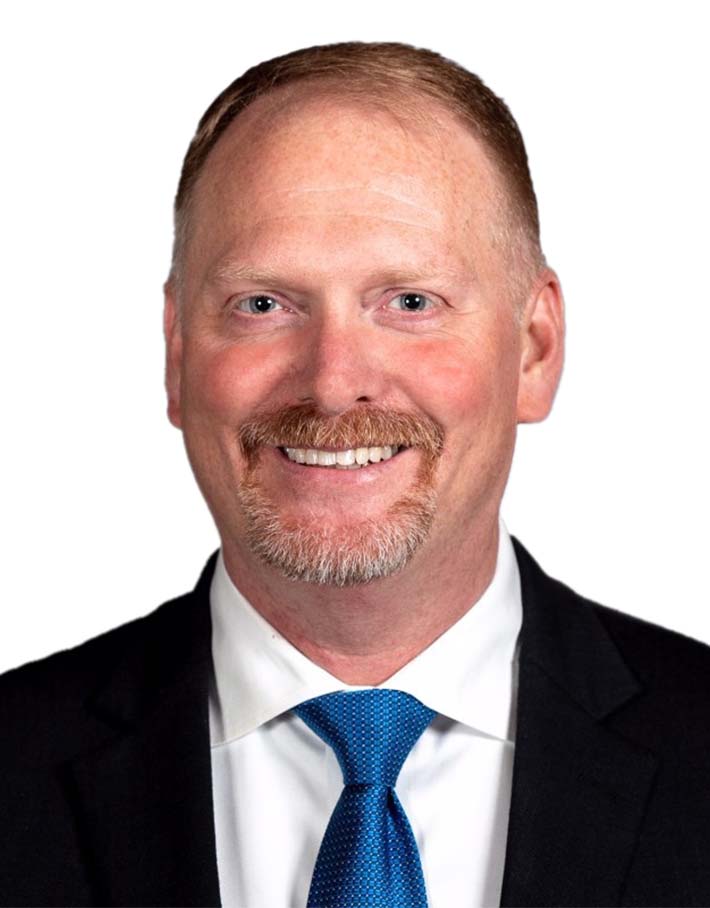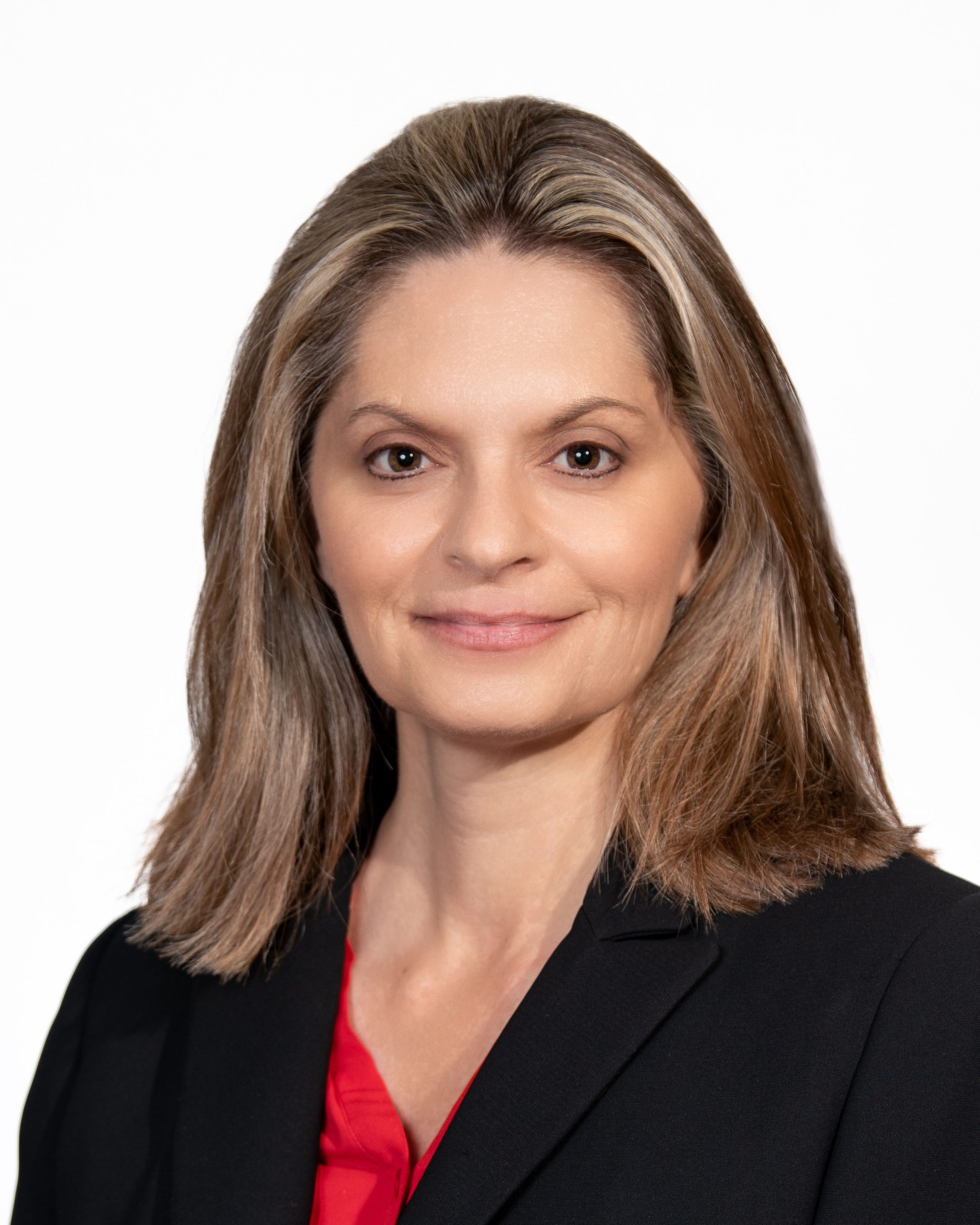5 Things to Know Before Registering with FINRA
By Ed Wegener and Lisa Robinson
Subscribe to our original industry insights
In today’s episode of Oyster Stew, Oyster’s Ed Wegener welcomes Lisa Robinson to the Oyster Consulting team. Lisa brings over 25 years of regulatory experience at FINRA (and previously NASD), where she most recently led FINRA’s Membership Application Program (MAP) group. Her insights provide valuable guidance for broker-dealers navigating FINRA’s New and Continuing Membership Application process, including what firms should consider.
Together, Ed and Lisa dive into:
- Key considerations for broker-dealers applying for FINRA membership or submitting a Continuing Membership Application (CMA)
- What firms should prepare before filing
- Why building a relationship with your firm’s risk monitoring analyst matters
- How FINRA’s risk-based approach influences membership decisions
- Strategies to ensure your business plan and compliance program are regulator-ready
Whether you’re launching a new broker-dealer, expanding your firm’s business lines, or navigating the CMA process, this episode is packed with insights from both sides of the regulatory aisle.
Additional Broker-Dealer Registration Resources
Registering A Broker-Dealer: The NMA and CMA Process
How To Launch Your Alternative Trading System
Building a Robust Broker-Dealer Compliance Framework
Oyster Consulting: Expertise That Makes A Difference
Oyster Consulting’s registration team includes former FINRA Member Application Program specialists, regulators, and industry professionals who bring a wealth of knowledge to every engagement. Whether you are filing a new membership application, continuing membership application, a materiality consultation, or requesting for a waiver from the two general securities principal requirement, Oyster has the expertise you need to help you navigate the challenging application process.
Transcript
Transcript provided by TEMI
Libby Hall: Hi, and welcome to the Oyster Stew Podcast. I’m Libby Hall, Director of Communications for Oyster Consulting. In today’s episode of Oyster Stew Ed Wegener chats with Lisa Robinson, formerly a senior leader at FINRA , head of FINRA’s Membership and Application Program group, and now a new member of Oyster Consulting’s team. Lisa shares her unique perspective on the registration and continuing membership application process, including what firm should consider when applying for membership or for a CMA. Ed, let’s get started.
Ed Wegener: Well, thanks Libby. And hello everyone. I’m Ed Wegner. I am the head of governance risk and Compliance for Oyster, and I’m extremely fortunate to welcome Lisa Robinson to Oyster. Lisa has years of experience working as a senior leader at FINRA , and her work leading the membership and registration program there adds greatly to what I think is our already deep bench of experience consultants. So we wanted to introduce Lisa, talk about her experience at FINRA , how that experience shaped her outlook and approach, and have her share perspective on the regulatory process for broker dealers. So, so welcome, Lisa. We’re very excited to have you join the team. I wonder maybe just by way of introduction, if you could just talk about your experience and, and, and the roles that you’ve had and how they’ve evolved throughout your career.
Lisa Robinson: Sure. And thanks Ed, for having me here at Oyster. As you said, I was with FINRA for actually over 25 years, starting back when it was NASD. I started actually, as an examiner reviewing customer complaints and terminations for cause reg tips. I then became a manager in that area and then an Associate Director in the examination program. I was ultimately asked to join the membership program group, and at the time, the group had just gone through a restructuring, and FINRA wanted to take a more risk-based approach to the membership application process. So for over seven years, I was the only Senior Director for the group which had about 40 people. And as you know, Ed, the MAP group serves as the gatekeeper to the broker dealer industry. So going from examinations to the Membership Application group really gave me a different perspective and a different view of the business units within FINRA and they all play a vital role. So it really, over my career, got me to focus on what are the risks of a broker dealer? How do you identify those risks and how do you mitigate them?
Ed Wegener: You know, that’s excellent. And I think that experience, that position that you have in membership, being on the front end of broker dealers joining the industry, as well as firms that are making material changes, provides your perspective, not only into real deep aspects of those firms and how they operate, and the procedures that they need to have in place, and the compliance programs, but also just the breadth of different types of broker dealers that you see in the industry. And it’s amazing just how different the types of broker dealers are depending on the type of business activities. So that perspective is, I think, really helpful to have. So, I guess one of the questions that I have here is what are some of the things that you enjoyed most about those different roles that you had at FINRA?
Lisa Robinson: Yeah, sure. So looking back on my career now at FINRA , I really first obviously enjoyed the level of collaboration with colleagues across the different departments within FINRA and the collaboration with the membership. So if you think about it, you mentioned all the different products before a broker dealer can engage in a new line of business, they would have to come and talk to the MAP group about it. So I really enjoyed it was like being on the cutting edge of, you know, an ever-changing regulatory landscape, right? Whether it’s platforms or, you know, just the innovation going on out there was really, really great to see. And going back to what I enjoy, everyone at FINRA really cares about the mission, and that’s what I really loved about FINRA .
Ed Wegener: You know, it’s interesting having been at FINRA for, for over 20 years, one of the things that I really appreciated by it, and it kind of ties into what you’re saying, is when, when you’re in a role for 20 years, it’s real easy to, for, for that role to become stale. But at FINRA , because the way the industry kept evolving and changing, yeah, you always felt like you were seeing new things and having to keep up with new things and, and having to learn new things, which is, it’s, it, it’s rare that you have a role where you constantly have to keep up like that, and it’s very exciting. So I, I guess as, as you transition into this new role how do you think that that experience that you had and your perspective can, can help our clients?
Lisa Robinson: Yeah, so, so as I said before, everything with FINRA is about the mission. Investor protection, market integrity, reviewing firm’s programs to see if they’re compliant. And in map, you know, serving as the gatekeeper, interacting with the membership, I’m able to offer just a different perspective to industry participants. You know, again, what are the risks with what you are thinking about doing? How could we mitigate these risks? Just giving clients an objective view on this like critical risk-based approach I think is, is really valuable.
Ed Wegener: You know, and I, I think that, you know, as you know, we, we kind of then, you know, position in terms of what, what you think firms should be thinking about and understand about the new and continuing membership processes. You know, what are, what are some of the things that, you know, based on your experience that you can share that, that might help them sort of navigate that challenging course?
Lisa Robinson: Yeah, sure. So firms really just, you need to be ready before you file anything with FINRA , with the MAP group, have your business plan in order have the whole compliance, supervisory, operational structure, all of that ready to go FINRA , FINRA , seeing, seeing it possibly for the first time, right? So you have to be able to explain it to them in terms they understand. One of the things that the FINRA Map group offers are pre-filing meetings. So before you even file an application, reach out to the FINRA MAP staff. They, they really do wanna meet with you before you file. They’ll bring in other internal subject matter experts, and you could have that dialogue. Another thing that’s really important is to reach out to your firm’s risk monitoring examiner. Having a good working relationship with that individual will really help you, whether it’s the new member continuing member application, or just anything you want. It’s, it’s important to have that good relationship.
Ed Wegener: You know, the that role that the risk monitoring analyst, I think in the, in the past and have been coordinators and, and the roles titles change. But you know, as you mentioned, that role is so important. And we’ve talked about this before as we’ve talked about how the examination programs have evolved and become more risk based, is that role, the person that’s responsible for the firm is the one that’s, that really is expected to know the most about the firm and use what they know about the firm in order to make critical decisions about how often the firm gets examined, what gets looked at, and all of those things. So having that good relationship can only benefit the firm in terms of helping shape that narrative and the perception of risk at the firm.
Lisa Robinson: Yeah. And that risk monitoring analyst is still gonna play a key role in what that, in whatever application you file with the membership group. So again, it’s just really important to, to fill that person in and have those discussions with that analyst.
Ed Wegener: You, you know, Lisa, towards the end of both of our times at FINRA , FINRA is going through a, a pretty significant transformation in terms of how they were organized and really being focused on the different business models. You know, as we had mentioned, the, the business models are very different firm by firm and really understanding that and really trying to develop that level of subject matter expertise that the industry feels that they need in order to be effective as regulators. And I know that, you know, in the membership department as part of applications, the groups reached out to subject matter experts and teams to evaluate membership membership applications. And can you talk a little bit about the reliance on some of these other areas and, and how firms should understand the level of depth they’re gonna get into in the applications?
Lisa Robinson: Yeah, sure. And that’s really important. Whatever you file with the membership group, again, they’re gonna reach out to the risk monitoring analyst and any other key subject matter experts so that they could weigh in on the business plan and model proposed. So MAP may not know everything, have all the answers to even applicant’s questions, but it’s really good. It’s a very good collaborative experience, and the MAP team will reach out to other experts, invite them to membership interviews or on phone calls so that when the MAP group is ready to grant approval, they’re confident that at least at the time, the application of the application time, everything is in order.
Ed Wegener: You know, and, and, and that’s, that’s important because one of the things that, that I, I’ve experienced in going through the process is you’re gonna get really deep involved questions that are coming directly from the subject matter experts on things like cybersecurity. So you should be prepared to answer those deep questions because they’re gonna be coming from the subject matter experts.
Lisa Robinson: Yeah, that’s right.
Ed Wegener: So now that you’re pivoting into this role and joining the industry and working as a consultant to benefit our clients, what are some of the things that you wish that the industry knew more about when it comes to the regulators? And then also, having the perspective of working with people in the industry? What are some of the things that you think regulators should know more about the industry?
Lisa Robinson: Sure. So the first, what I wish the industry knew more when it comes to regulators is maybe it’s obvious, but regulators really want member firms to be compliant, and they want to help you be compliant before you run afoul of any rules, right? So firms should be comfortable reaching out, like we talked about, to their assigned risk monitoring analyst, use the use the tools on FINRA .org. There’s a ton of really good information there. But FINRA wants a collaborative relationship with the industry.
Ed Wegener: And, and I think that, you know, that that just kind of hearkens back to building that relationship with the risk monitoring analyst. Yeah. Cuz if you have a good relationship with them, it’s, it’s more comfortable to reach out to them and, and have those discussions. I think that that’s great. And, and then on the flip side, you know, what do you think the regulators should know about the industry and appreciate?
Lisa Robinson: Yeah, so I’m still pretty new to being on the other side of things, but what I’ve seen already here at Oyster is clients really wanna be compliant too. They don’t wanna run afoul of anyone, and that’s why they reach out to, to Oyster so that we could help them with their compliance program, with their changes in business models or setting up a broker dealer, having experience like, like you and I, former regulators practitioners, you know, having all that is all because they wanna be compliant. So I think that’s really great.
Ed Wegener: That’s excellent. You know, and one of the areas, Lisa, that I know that you’re passionate about is supporting the role of women in the financial services industry. And you, you’ve, you’ve been very involved in a lot of efforts around that, and I wonder if you could talk about your efforts in that space and, and share any observations that you have in this regard.
Lisa Robinson: Sure. Yeah. I think it’s very important for women to support other women. I think compliance is still generally seen as a male dominated profession, so supporting other women to help them be successful, it’s important to me. I’ve worked with the N S C P in the past, and I’ve participated on some panels where women talk about their experiences in compliance and how they’ve navigated certain situations. And, you know, we get really good input and feedback from women who either join the panels or, or just listen in. So it, it’s really helpful. I also had the honor of attending an executive education class on Women in Power, and I met some of the most incredible women from all over the world. And although they were all fantastic individuals with their own unique story, there were so many common themes about their experiences in the workplace and how what they had to navigate and go through to achieve the positions they had. One of the things that has recently been reinforced to me as I transitioned from FINRA to the industry is the importance of networking. Yeah. helping other women is something, as I said, it’s really important and I have some plans on how I can, can contribute to support women while I’m here at Oyster. So thanks for mentioning that, Ed.
Ed Wegener: No, absolutely, and that’s terrific and it just goes. Again I think we’re extremely fortunate that you’ve joined our team and we’re really looking forward to, to working with you and having you support our clients. So thank you very much a for joining and b for being here today. So really appreciate it. And you know, we’ll, we’ll talk again.
Libby Hall: Thanks, everyone, for listening. If you’d like to learn more about our experts and how Oyster can help your firm, visit our website @ oysterllc.com. And if you like what you heard today, follow us on whatever platform you listen to and give us a review. Reviews make it easier for people to find us. Have a great day.





